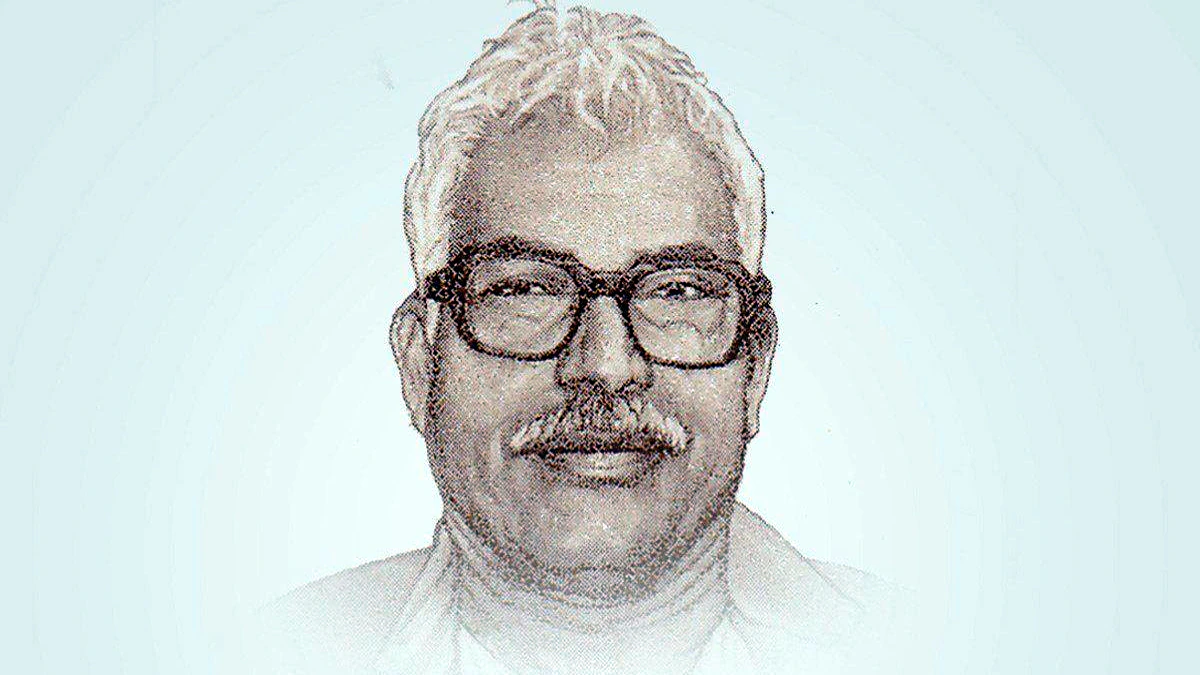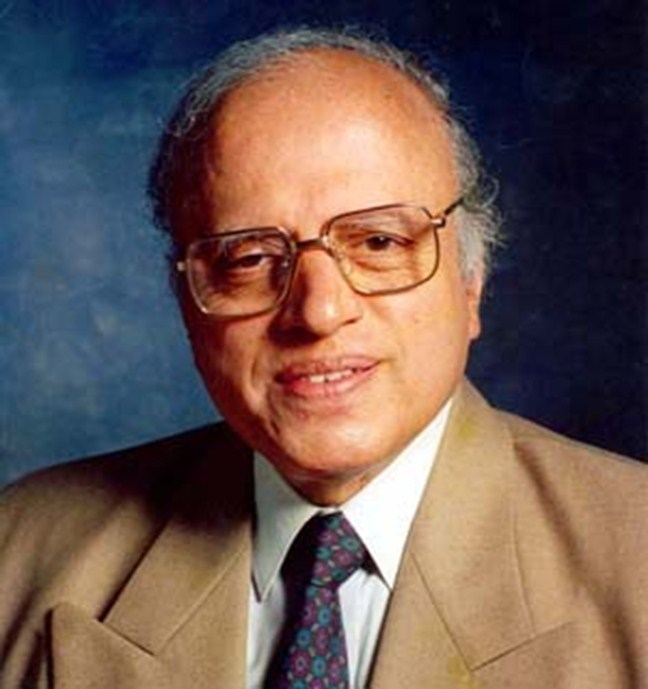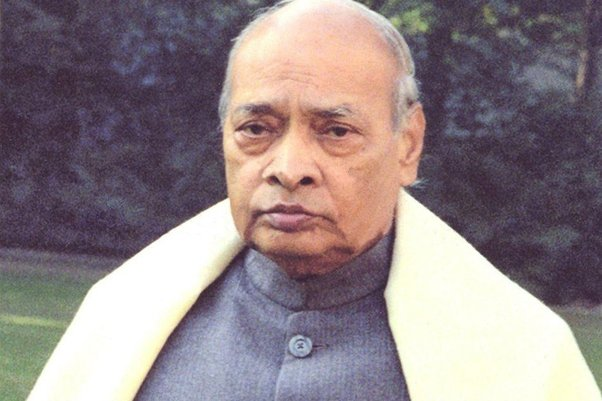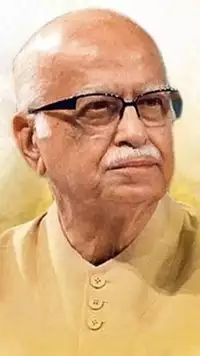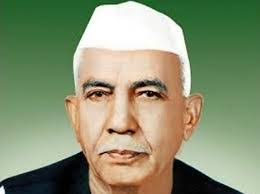Indian History
Bharat Ratna Awardees 2024
- 15 Feb 2024
- 7 min read
For Prelims: Bharat Ratna, Karpoori Thakur, MS Swaminathan, P. V. Narasimha Rao, Lal Krishna Advani, Green Revolution, Liberalization
For Mains: Important Personalities, Government Policies & Interventions
Why in News?
The prestigious Bharat Ratna, India’s highest civilian honour, is set to be conferred upon five eminent personalities who have made remarkable contributions to politics, governance, and agriculture. They are Karpoori Thakur, Mankombu Sambasivan (MS) Swaminathan, Pamulaparthi Venkata (P. V.) Narasimha Rao, Lal Krishna Advani, and Chaudhary Charan Singh.
What are the Notable Contributions of Bharat Ratna Awardees (2024)?
- Karpoori Thakur:
- Karpoori Thakur, known as "Jan Nayak," served as Bihar's 11th Chief Minister twice, from 1970-71 and 1977-79. He will be conferred the Bharat Ratna posthumously.
- Karpoori Thakur was the pioneer in providing the Other Backward Classes (OBCs) with the benefit of reservation as he implemented the recommendations of the Mungeri Lal Commission during his tenure as Bihar CM from 1977 to 1979.
- In 1978, he introduced a groundbreaking reservation model, allocating 26% of reservations with specific quotas for OBCs, Economically Backward Classes (EBCs), women, and economically backward classes among upper castes.
- Thakur advocated for marginalised communities' rights, emphasising social justice and inclusive development.
- Mankombu Sambasivan (MS) Swaminathan:
- MS Swaminathan, the ‘Father of India’s Green Revolution,’ helped India become self-reliant in agriculture and modernised it. He will be conferred the Bharat Ratna posthumously.
- Developed high-yielding wheat and rice varieties with Norman Borlaug, revolutionising agriculture in India in the 1960s and '70s.
- He Advocated for fair prices for agricultural produce and sustainable farming practices, leading the National Commission of Farmers.
- He played a pivotal role in developing the Protection of Plant Varieties and Farmers' Right Act, 2001.
- Swaminathan received numerous prestigious awards, including the Shanti Swarup Bhatnagar Award in 1961, the Ramon Magsaysay Award in 1971, and the Albert Einstein World Science Award in 1986.
- Recognised with the Padma Shri (1967), Padma Bhushan (1972) Padma Vibhushan (1989).
- Pamulaparthi Venkata (P. V.) Narasimha Rao:
- P. V. Narasimha Rao served as the 9th Prime Minister of India from 1991 to 1996, he will be conferred the Bharat Ratna posthumously.
- As Prime Minister, P.V. Narasimha Rao reset India’s foreign policy, improving ties with the United States and establishing relations with Israel.
- He maintained national independence by refusing to give up India’s right to pursue its nuclear strategy.
- Rao’s tenure left behind a polity more confident, with India on a path of economic liberalization and resurgence, following the LPG reforms of 1991 that opened up the economy to globalisation, reduced trade barriers, and initiated privatisation in various sectors.
- He published ‘SahasraPhan’, a Hindi translation of the famous Telugu Novel ‘Veyi Padagalu’.
- The 73rd and 74th Constitutional Amendments Acts were enacted during the tenure of P.V. Narasimha Rao.
- The 73rd and 74th Amendment Acts mandate the reservation of one-third of seats for women in Panchayati Raj institutions and urban local bodies (ULBs).
- Lal Krishna Advani:
- Advani through the years has served as the 7th Deputy Prime Minister of India (1999-2004) and as the President of the Bharatiya Janata Party for the longest period since its inception in 1980.
- Advani is widely regarded as an individual of great intellectual ability, strong principles, and unwavering support for the idea of a strong and prosperous India.
- Chaudhary Charan Singh:
- Chaudhary Charan Singh was an Indian politician and a freedom fighter. He served as the 5th prime minister of India and former Chief Minister of Uttar Pradesh.
- In 1952, as agriculture minister, he led Uttar Pradesh in abolishing the zamindari system.
- He advocated for the interests and rights of the peasants and introduced several measures to improve their conditions and welfare. He also promoted the values of democracy, secularism, and social justice.
- Charan Singh followed Mahatma Gandhi in a non-violent struggle for independence from the British Government and was imprisoned several times.
- Chaudhary Charan Singh was an Indian politician and a freedom fighter. He served as the 5th prime minister of India and former Chief Minister of Uttar Pradesh.
Note
- The rule of maximum three awards in a year is a guideline for the Bharat Ratna. The rule was broken for the first time in 1999, when four recipients were conferred the award: Jayaprakash Narayan, Amartya Sen, Gopinath Bordoloi, and Ravi Shankar.
- The rule was broken again in 2024, when five recipients were conferred the award.
Read more: Bharat Ratna to Karpoori Thakur, Bharat Ratna to LK Advani
UPSC Civil Services Examination, Previous Year Questions (PYQs)
Q. Consider the following statements in respect of Bharat Ratna and Padma Awards: (2021)
- Bharat Ratna and Padma Awards are titles under the Article 18(1) of the Constitution of India.
- Padma Awards, which were instituted in the year 1954, were suspended only once.
- The number of Bharat Ratna Awards is restricted to a maximum of five in a particular year.
Which of the above statements are not correct?
(a) 1 and 2 only
(b) 2 and 3 only
(c) 1 and 3 only
(d) 1, 2 and 3
Ans: (d)

